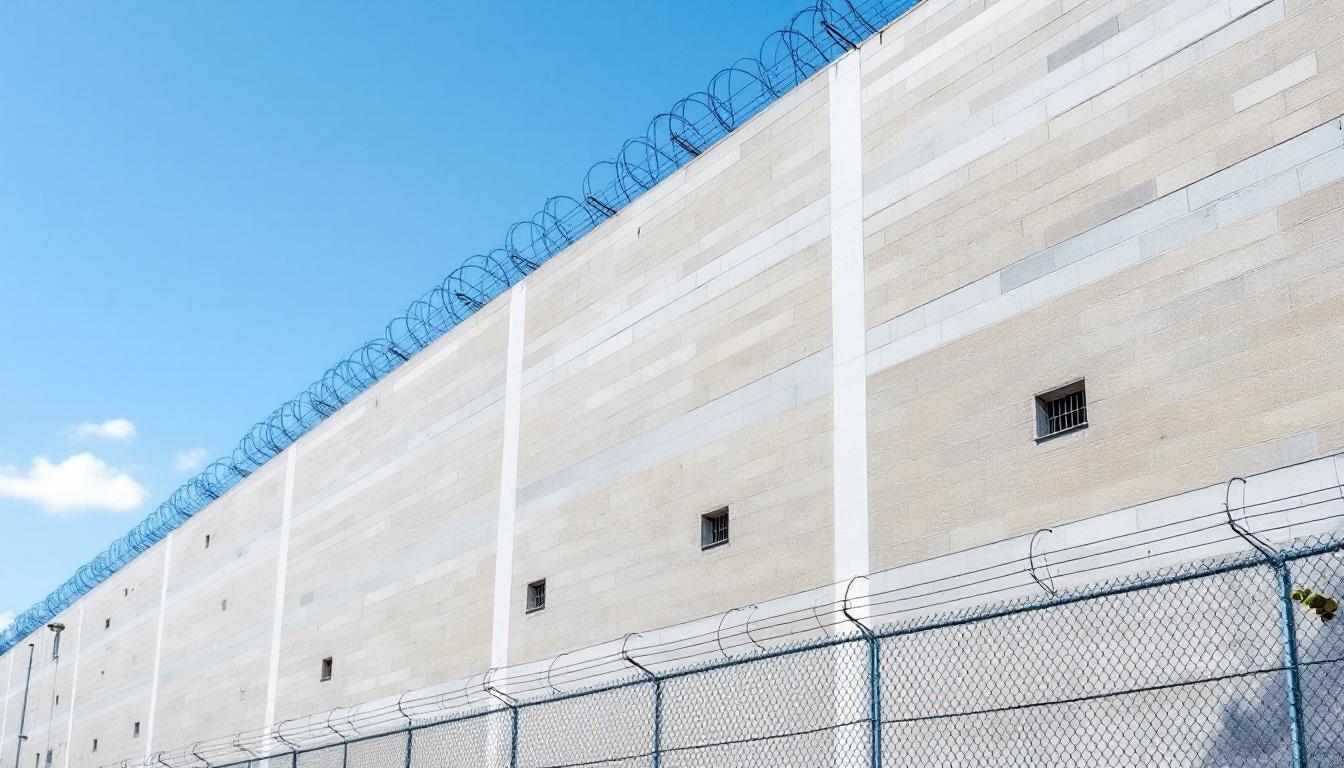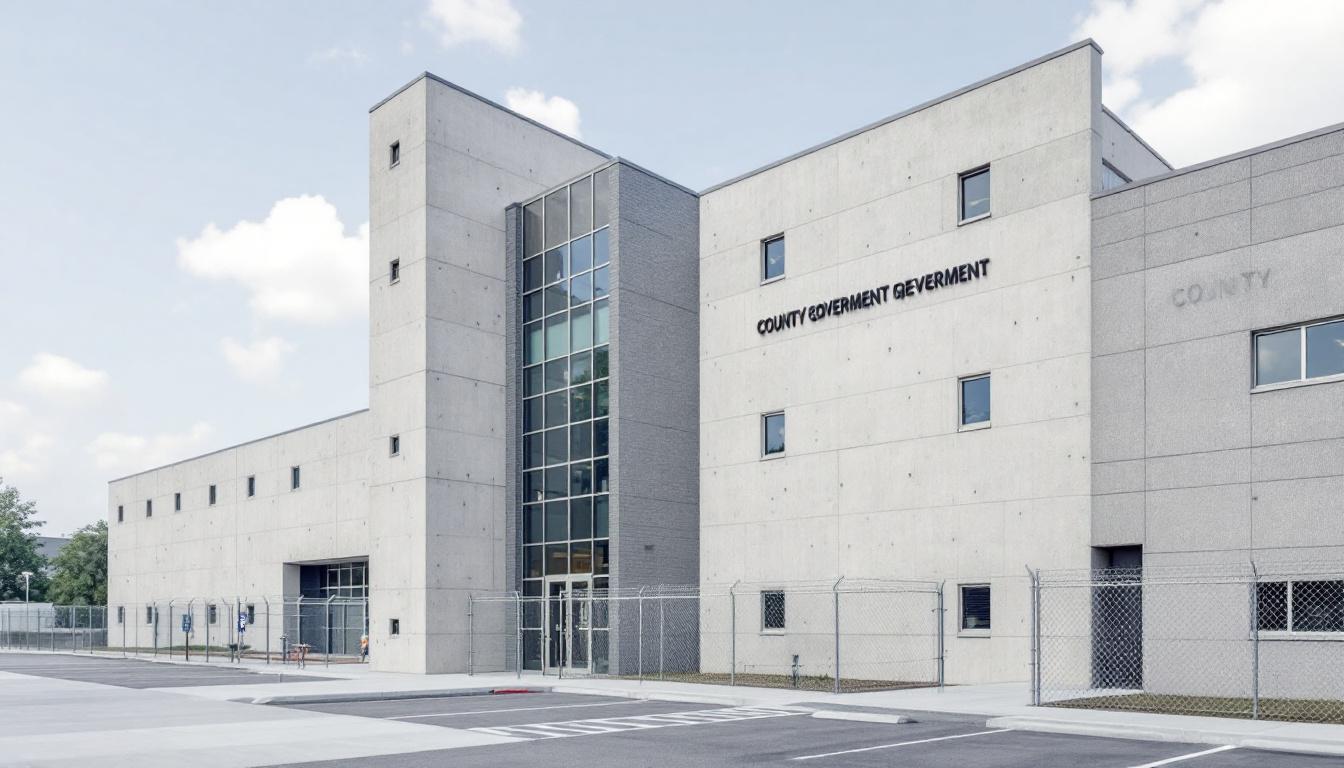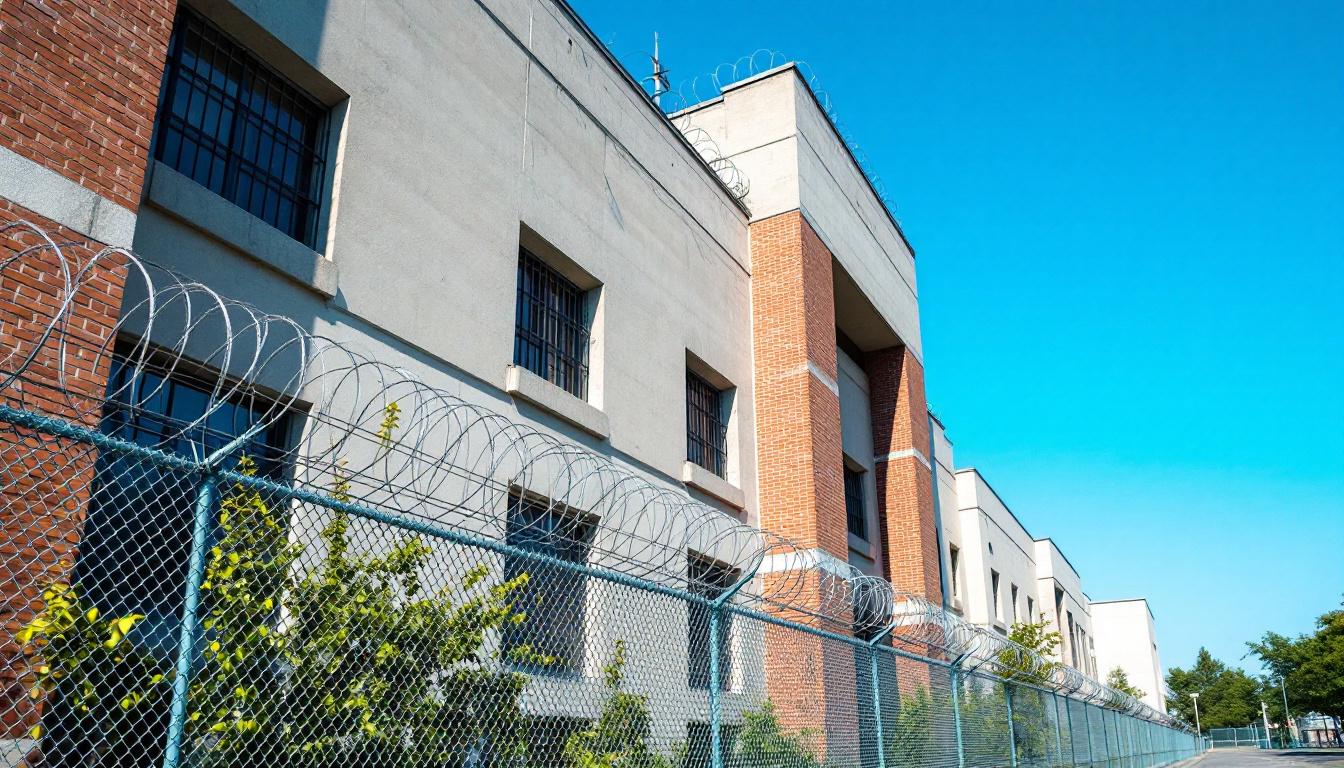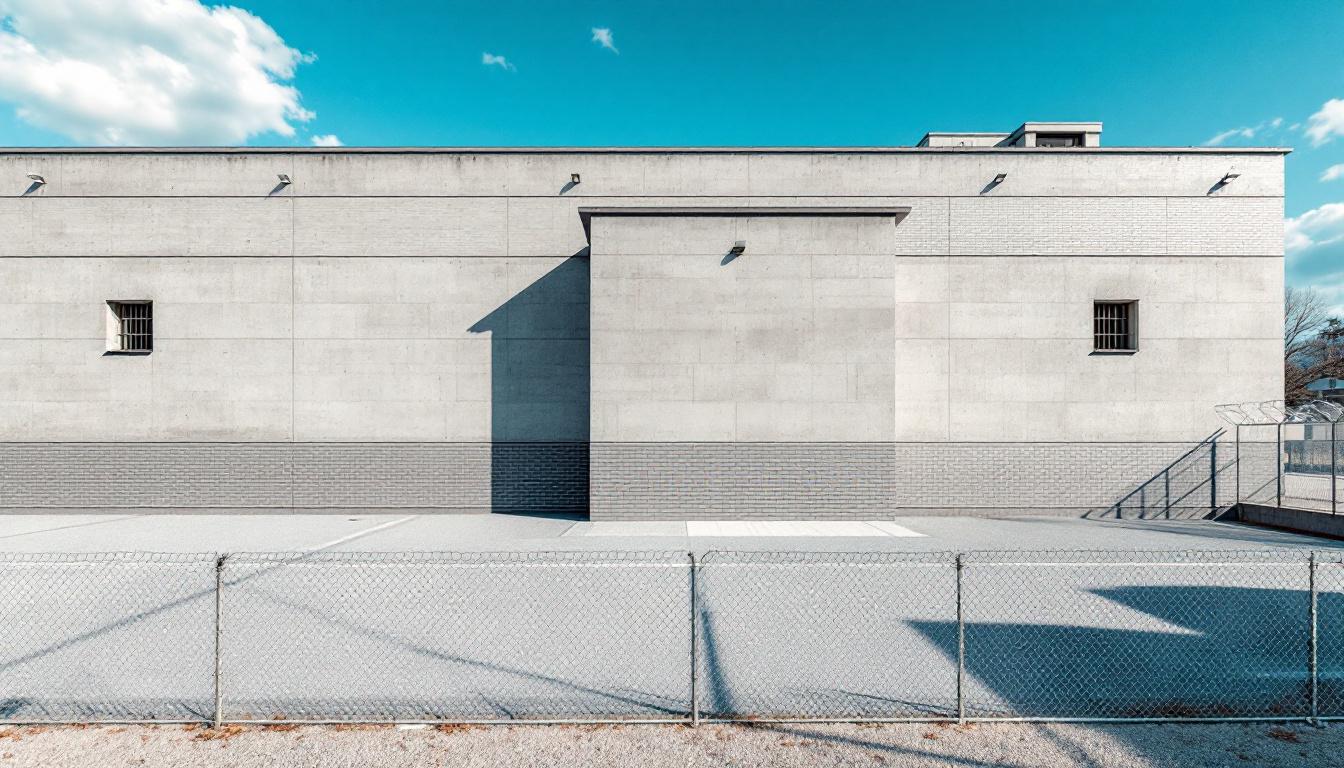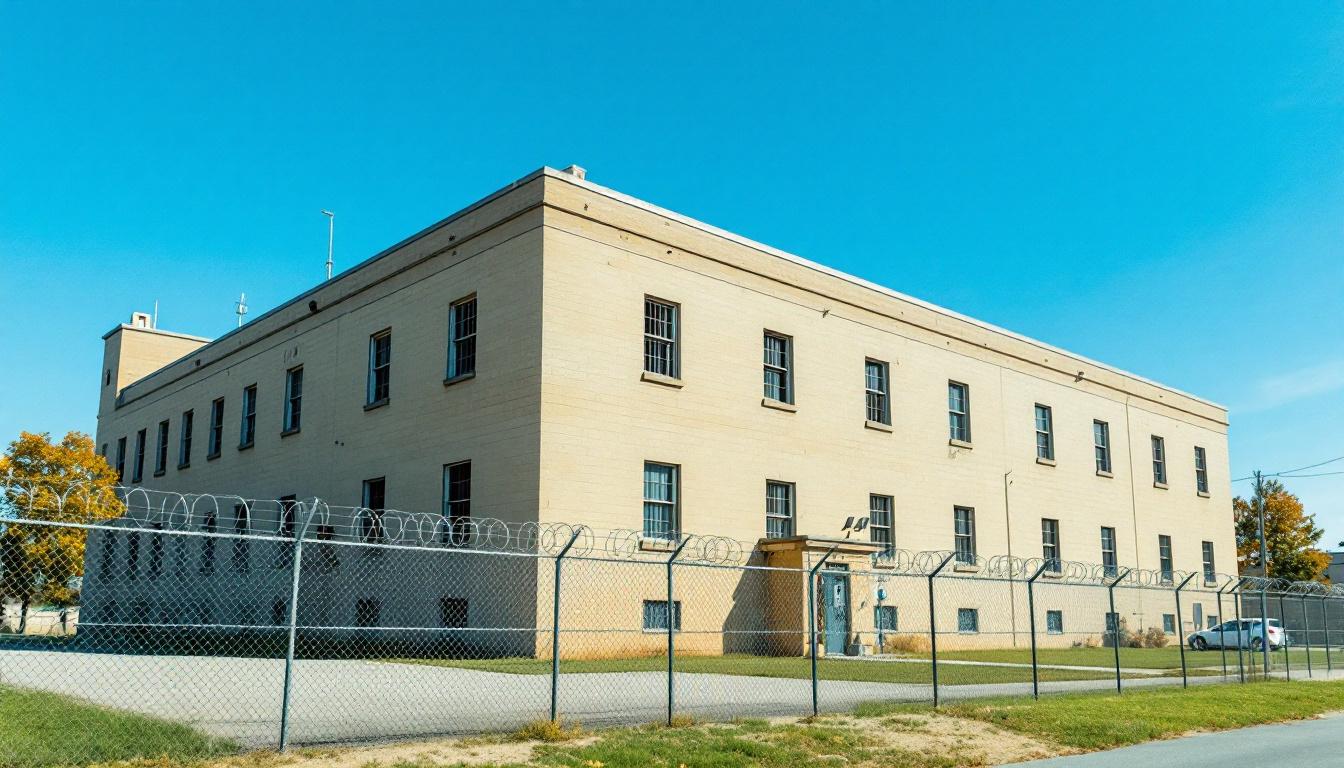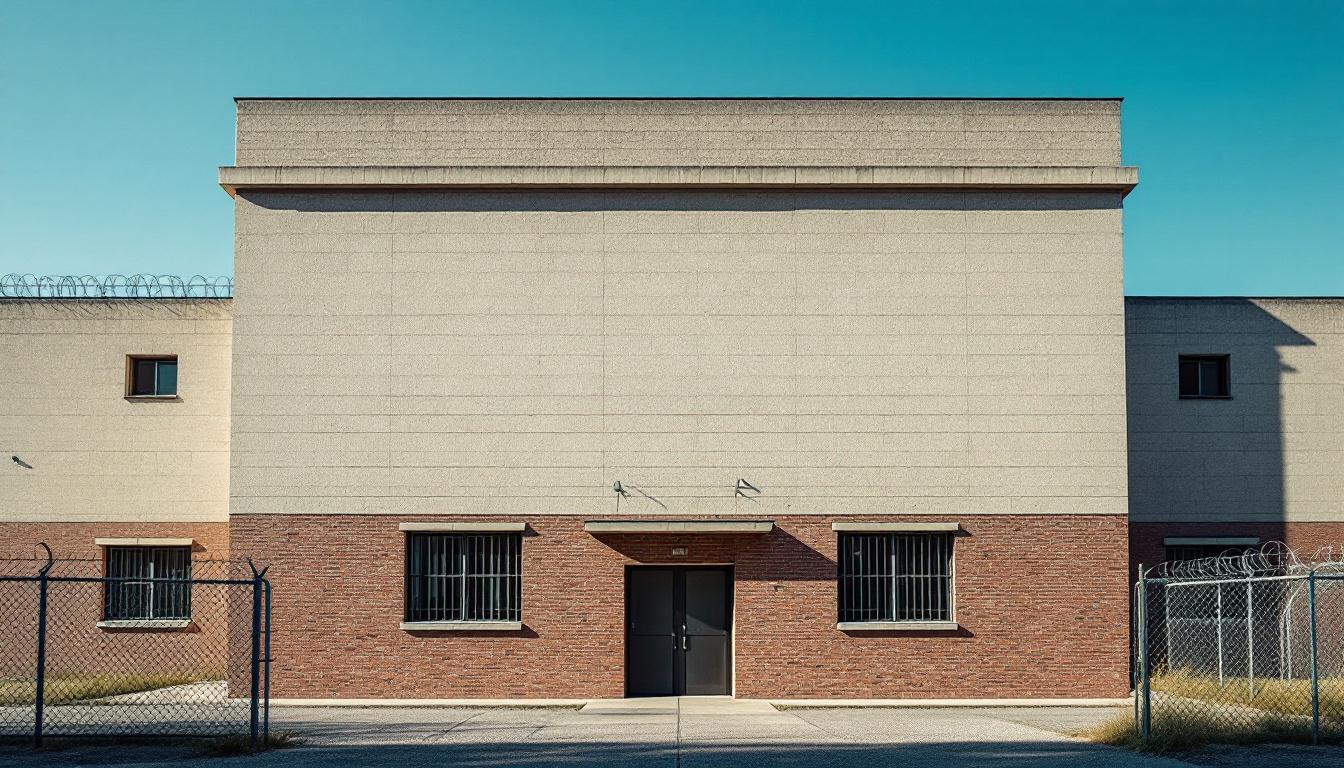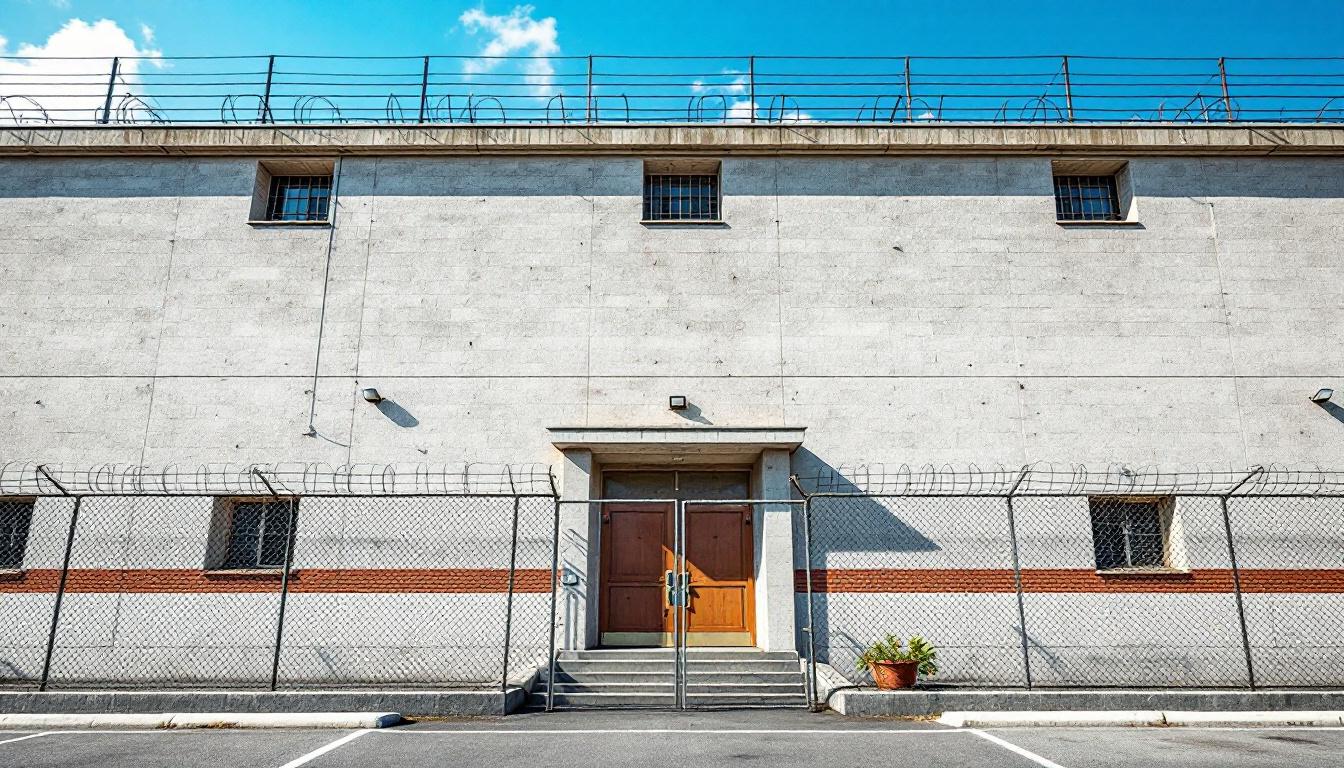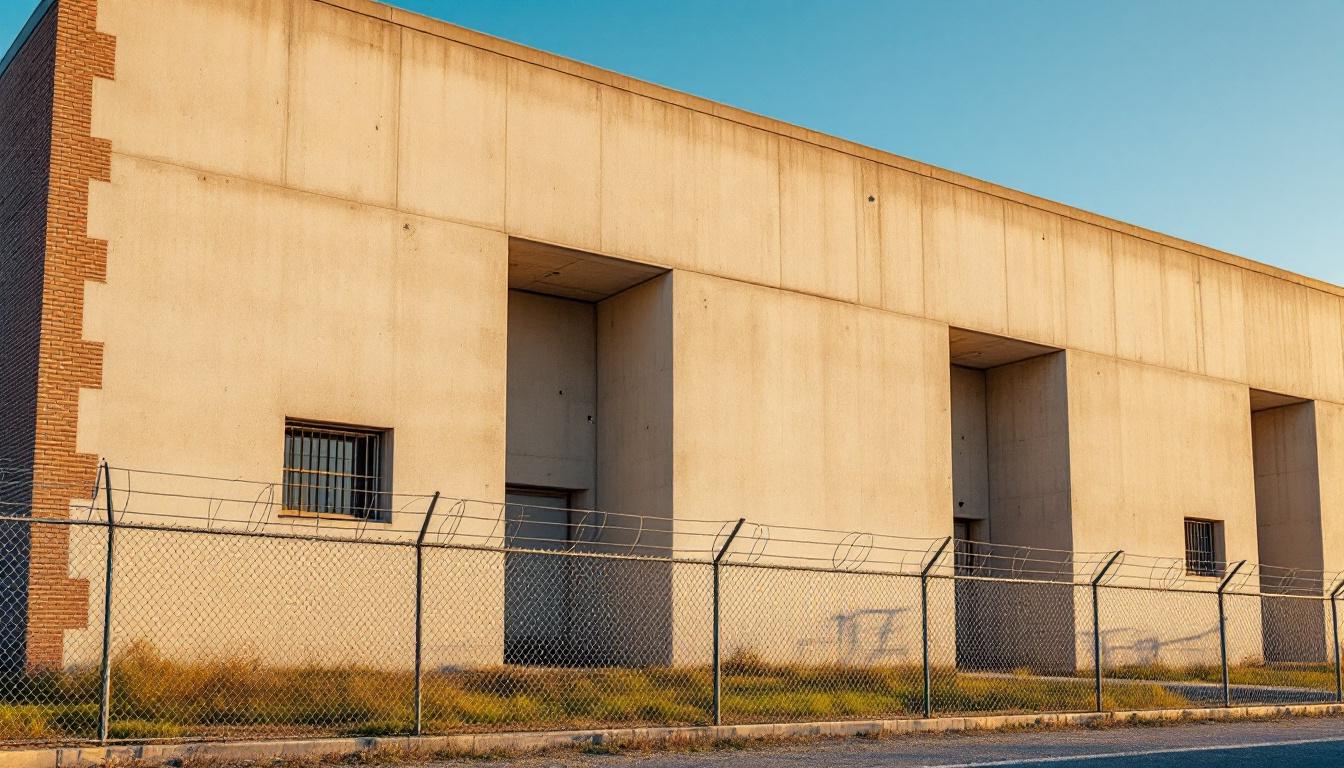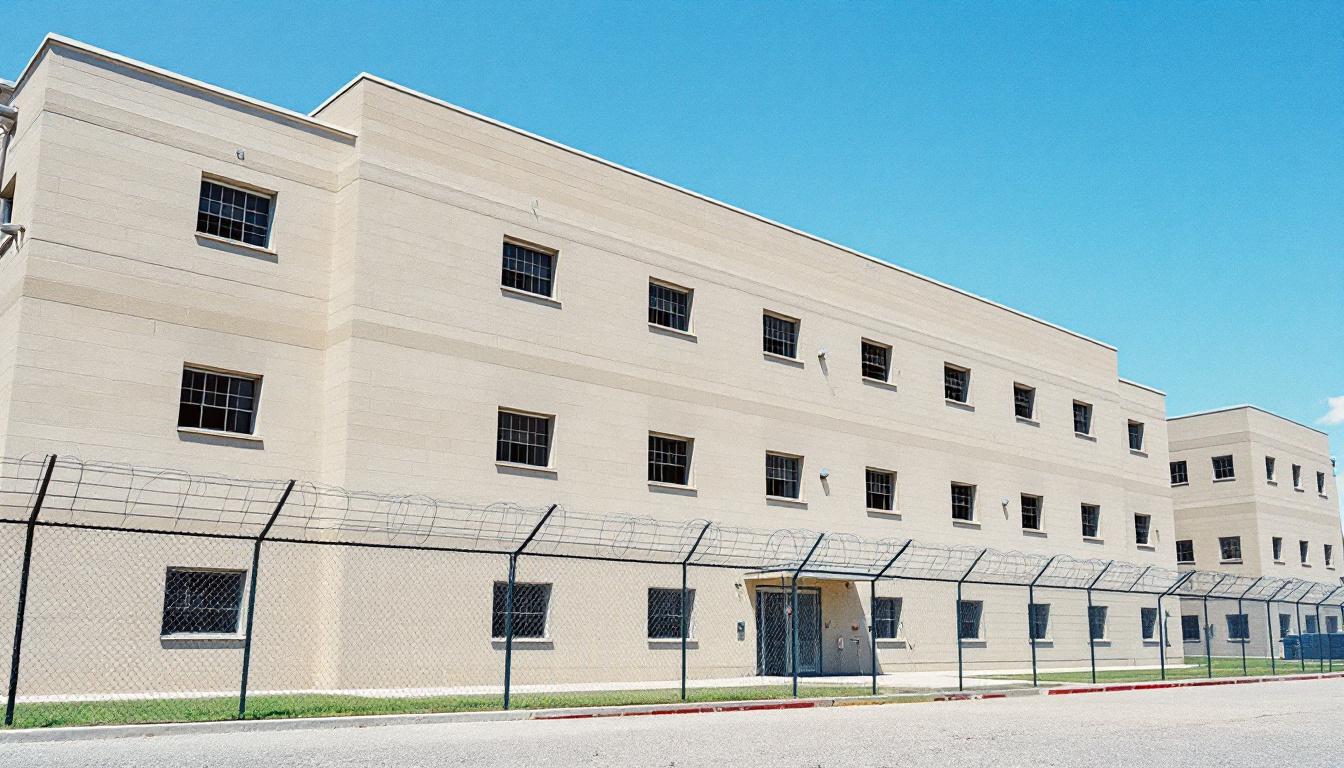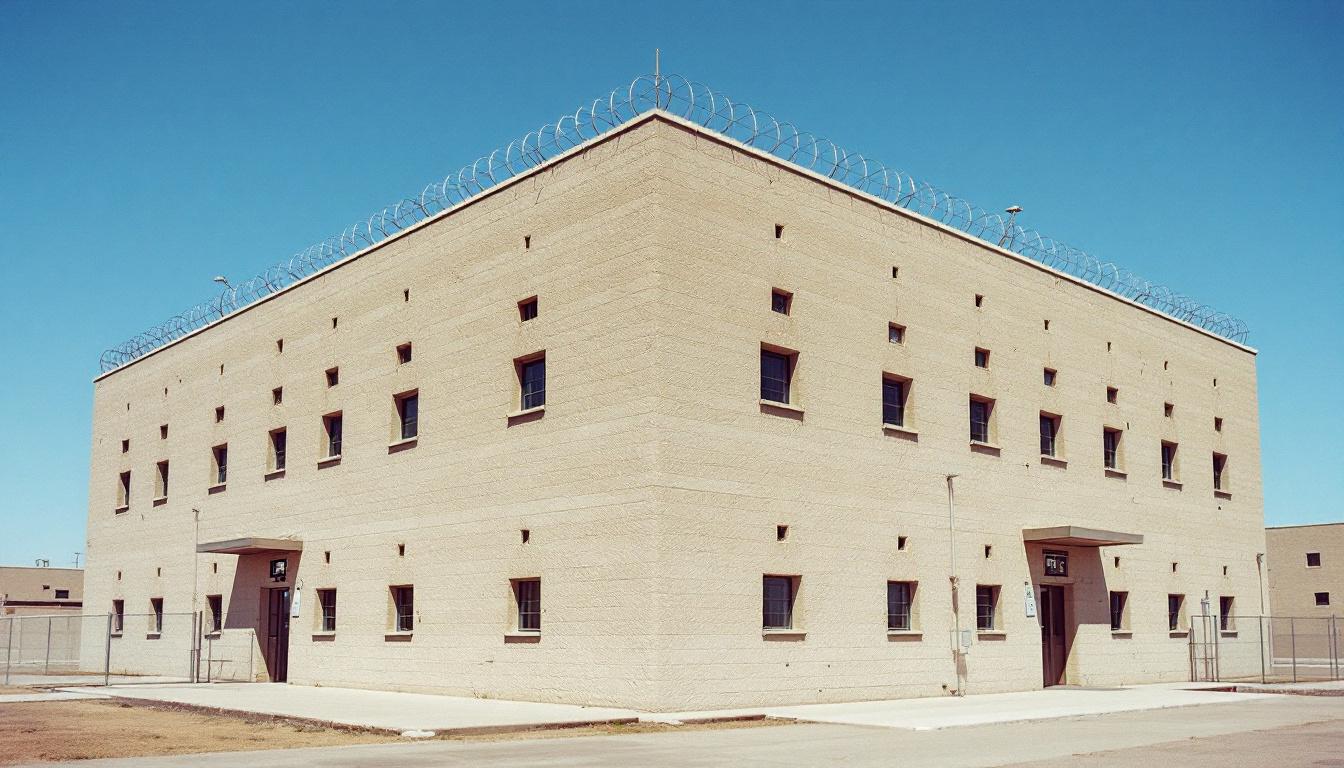
Quick Navigation
How to contact an inmate at Dominguez State Jail
This comprehensive guide will walk you through how to connect with an inmate at Dominguez State Jail. Follow the steps below to find an inmate and send letters and photos:
- Search for the inmate using our search tool below
- Create your account or log in to Penmate
- Write your message (up to 6,000 characters)
- Send instantly - inmates receive printed copies daily
Find an Inmate
Search for an inmate to start communicating today
Tip: You can search by first name, last name, or inmate ID number
To contact a person at Dominguez State Jail start by searching for the person on the official facility website. Perform a search by following these steps:
- Step 1: Enter their first name and last name into the search form and click "Search"
- Step 2: Locate their inmate record
- Step 3: Write down their Inmate ID and any housing information provided
Important! Be sure to enter the person's full name. Nicknames should not be used.
How to Send Messages to Inmates

You can use your phone or computer to send emails, letters, and photos to an inmate. Messages are sent electronically to inmate tablets or kiosks at the facility. If you would like to send a message, start by searching for an inmate at Dominguez State Jail.
Sending Photos and Postcards

A great way to send love and support to a loved one at Dominguez State Jail is to send photos and postcards. It only takes a few minutes to send photos from your phone and it makes a huge difference. You can also mail postcards with words of support and inspiration, or design your own postcard for special moments like birthdays and holidays.
Important! Be sure not to send any explicit photos or they may not be approved by the facility. You can also use a photo printing app like Penmate to make sure your photos are printed at the correct size (4x6 or 3x5) and are mailed according to the rules and regulations of Dominguez State Jail.
Frequently asked questions about Dominguez State Jail
-
How long does it take to deliver a message?
If you're sending an email message your letter is usually delivered within 24-48 hours. For messages sent via mail you should expect delivery within 3-7 days. All messages will need be approved by Dominguez State Jail.
-
How much does it cost to send a message to Dominguez State Jail?
You can send a message free using your phone or mail a message via USPS for the price of a $0.60 stamp and envelope. You can also purchase credits or e-stamps from services starting at $1.99.
-
What services can I use to contact an inmate at Dominguez State Jail?
Penmate
You can use Penmate to send letters and photos to an inmate from your phone. It's an easy way to stay in touch during your loved one's incarceration. Use the inmate locator to find an inmate's location and contact information, then you can send messages within a few minutes.
Securus messaging
Securus may be another option for communicating with an inmate at Dominguez State Jail. You can create a friends and family account and purchase credits to send messages. All messages will be reviewed and must be approved by the facility.
JPay
Some county jails and state prisons may support sending messages with JPay. You must register an account with the system, find your loved one, and purchase stamps to send messages. For some locations you can also attach photos.
Smart Jail Mail
You may also check if Smart Jail Mail is available at Dominguez State Jail. Smart Jail Mail is operated by Smart Communications and has contracted with some state and county jails. After purchasing credits, your messages and photos are sent to the facility, printed out, and then handed out to your loved one.
-
What is the mailing address of Dominguez State Jail?
Mailing address:
Dominguez State Jail
6535 Cagnon Rd
San Antonio, TX 78252
Phone: (210) 675-6620Business hours:
- Monday: Open 24 hours
- Tuesday: Open 24 hours
- Wednesday: Open 24 hours
- Thursday: Open 24 hours
- Friday: Open 24 hours
- Saturday: Open 24 hours
- Sunday: Open 24 hours
-
What are the visiting hours at Dominguez State Jail?
Visiting hours at Dominguez State Jail vary by housing unit and security level. Generally, visits are scheduled on weekends and holidays, with some facilities offering weekday visits. Contact the facility directly at (210) 675-6620 or check their website for the current visiting schedule. Visits typically last 30-60 minutes and must be scheduled in advance.
-
What items are prohibited when sending mail to Dominguez State Jail?
Prohibited items typically include: cash, personal checks, stamps, stickers, glitter, glue, tape, staples, paperclips, polaroid photos, musical or blank greeting cards, hardcover books, magazines with staples, and any items containing metal or electronics. Only send letters on plain white paper with blue or black ink. Photos must be printed on regular photo paper (no Polaroids). Always check with Dominguez State Jail for their specific mail policies.
-
How do I send money to an inmate at Dominguez State Jail?
You can send money to an inmate at Dominguez State Jail through several methods: 1) Online using JPay, Access Corrections, or the facility's approved vendor, 2) Money orders mailed directly to the facility with the inmate's name and ID number, 3) Kiosks located in the facility lobby, or 4) Over the phone using a credit or debit card. Fees vary by method, typically ranging from $2.95 to $11.95 per transaction.
-
Can I schedule a video visit with an inmate at Dominguez State Jail?
Many facilities now offer video visitation as an alternative to in-person visits. At Dominguez State Jail, video visits may be available through services like Penmate, Securus Video Connect, GTL, or ICSolutions. Video visits typically cost $10-20 for 20-30 minutes and must be scheduled in advance. You'll need a computer or smartphone with a camera and reliable internet connection. Contact the facility for their specific video visitation policies and approved vendors.
-
What identification do I need to visit an inmate at Dominguez State Jail?
All visitors must present valid government-issued photo identification such as a driver's license, state ID, passport, or military ID. Minors must be accompanied by a parent or legal guardian who can provide the minor's birth certificate. Some facilities require visitors to be on the inmate's approved visitation list, which may require a background check. Contact Dominguez State Jail for specific ID requirements and visitor approval procedures.
-
How can I find out an inmate's release date?
To find an inmate's release date at Dominguez State Jail, you can: 1) Use the online inmate search tool if available, 2) Call the facility's records department, 3) Contact the inmate's case manager or counselor, or 4) Have the inmate provide this information during a call or visit. For privacy reasons, some facilities only release this information to immediate family members.
Facility Overview
Official Website
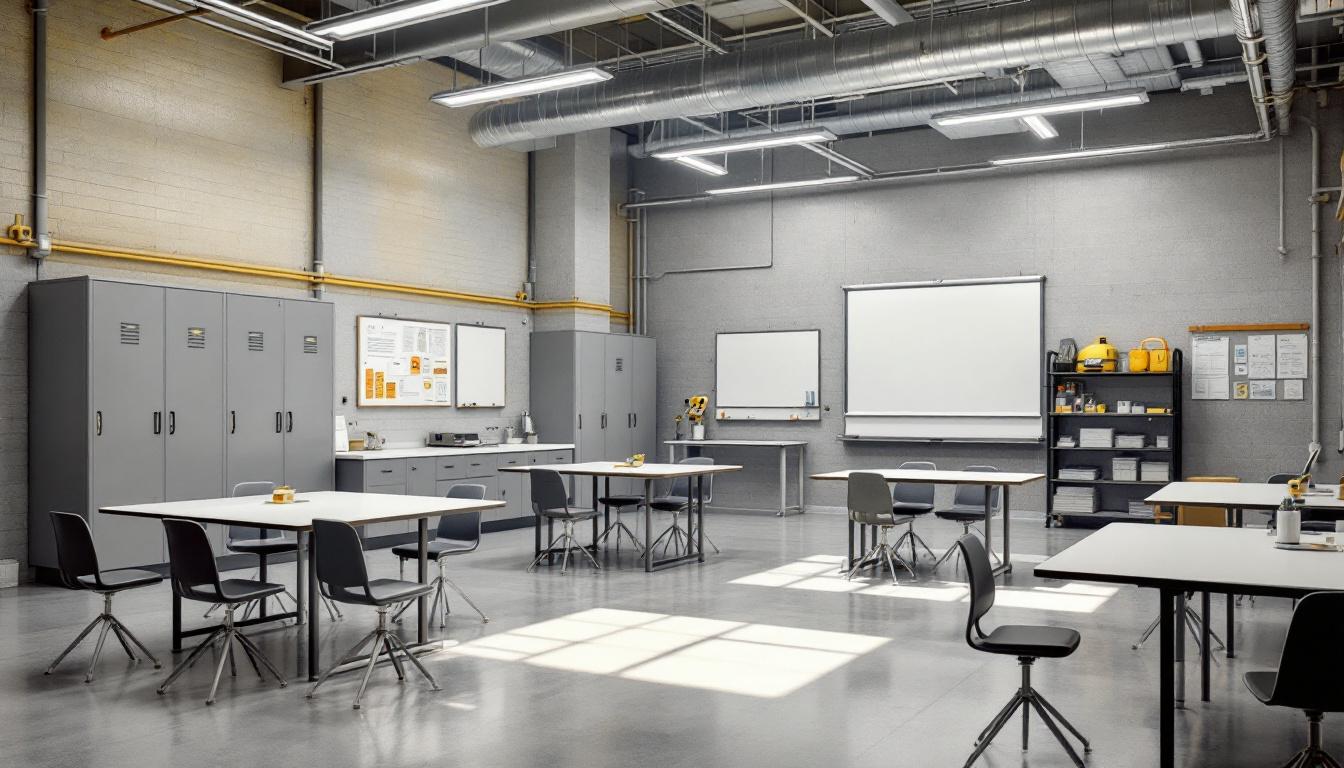
About Dominguez State Jail
Serving the critical mission of maintaining public safety while providing structured rehabilitation opportunities, the Dominguez Unit operates as a key component within Texas's correctional infrastructure. Located in the Dallas metropolitan area, this TX correctional facility benefits from its proximity to one of the state's major urban centers, positioning it strategically within the broader network of correctional institutions that serve the south region.
The facility's geographic location in Dallas provides meaningful advantages for those incarcerated services, particularly regarding family visitation and community connections that may support successful reintegration efforts. Being situated in a major metropolitan area typically allows for enhanced access to various support systems and resources that can benefit both incarcerated individuals and their families. The correctional facility generally maintains the security protocols and structured environment essential for safe operations while working to provide programming opportunities that may include educational services, vocational training, and counseling programs designed to address individual needs.
Partnership with community resources represents a foundational aspect of the facility's approach to rehabilitation and public safety. The Dallas area's extensive network of social services, educational institutions, and workforce development organizations may offer valuable collaboration opportunities that support the facility's mission. These community connections often prove essential for individuals preparing for reentry, as they can provide pathways to employment, housing assistance, and ongoing support services that help reduce recidivism and strengthen community safety throughout the region.
Programs & Services
Personal growth and meaningful change begin with access to structured opportunities that address individual needs and circumstances. At Dominguez Unit, those incarcerated may participate in a comprehensive range of offerings designed to foster development across multiple areas of life. The facility typically emphasizes a balanced approach that combines skill-building with personal reflection, creating pathways for participants to address underlying challenges while preparing for successful community reintegration.
Educational and vocational offerings often form the cornerstone of personal development opportunities. Literacy programs may provide foundational reading and writing skills for those seeking to strengthen their academic abilities, while vocational training typically equips participants with practical, marketable skills. These educational initiatives often include structured classroom environments where those incarcerated can work at their own pace while receiving guidance from qualified instructors. The vocational components may furnish hands-on experience in various trades, helping participants develop competencies that translate directly to employment opportunities upon release.
In addition to these foundational offerings, the facility typically provides therapeutic and support services that address behavioral and personal development needs. Anger management sessions may offer those incarcerated tools for emotional regulation and conflict resolution, while decision-making skills workshops often focus on developing critical thinking abilities. Work programs typically provide structure and responsibility, allowing participants to contribute meaningfully to facility operations while developing professional habits. Faith-based initiatives may furnish spiritual guidance and community support for those seeking this type of growth, and specialized offerings like painting and decorating programs often combine creative expression with practical skill development.
Daily Life & Visitation
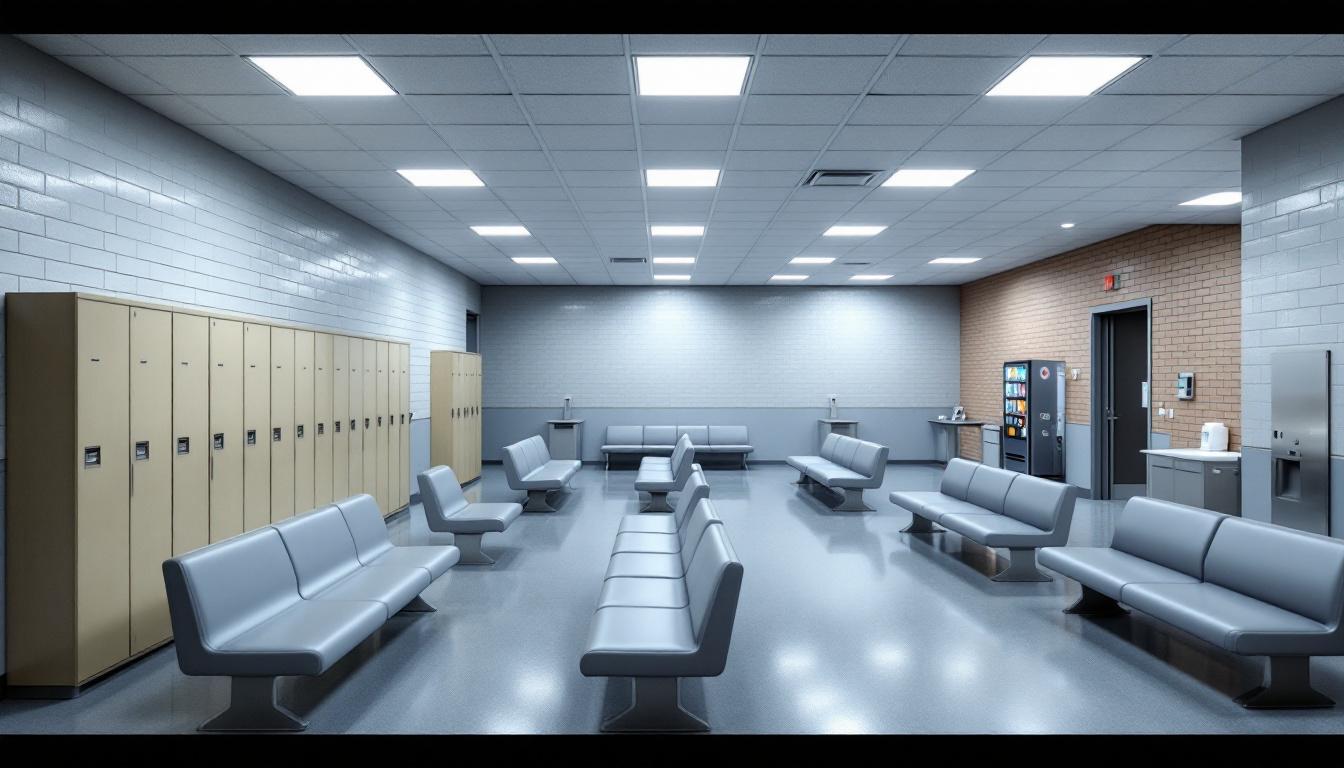
Strong family bonds and community connections form the foundation of daily life for those incarcerated at the facility. Many residents now maintain regular contact with loved ones through various communication channels, while others find support within the housing units themselves. The structured environment typically begins early each morning with count procedures, followed by work assignments that regularly bring individuals together in shared spaces throughout the facility.
Living accommodations generally feature dormitory-style housing units where residents share common areas and develop informal support networks. Those incarcerated typically sleep in bunk-style arrangements within larger rooms, creating opportunities for conversation and mutual assistance. Meals are usually served in a central dining hall where individuals gather at scheduled times, furnishing natural opportunities for social interaction and community building. In addition to this structured meal service, the commissary system allows residents to purchase personal items and snacks, often sharing resources with friends and cellmates.
Recreation and exercise opportunities typically include outdoor yard time, gymnasium access, and organized activities that encourage group participation. Work assignments may range from kitchen duties to facility maintenance, with many positions requiring teamwork and cooperation among those incarcerated. Despite this structured environment, visitation policies generally allow for regular face-to-face contact with family members, while telephone and written correspondence help maintain essential outside connections. Educational and vocational programming often operates on scheduled rotations, bringing together individuals with similar interests and goals while furnishing pathways for personal development and community engagement.
Ready to Connect?
Start communicating with your loved one today
Search for an Inmate
